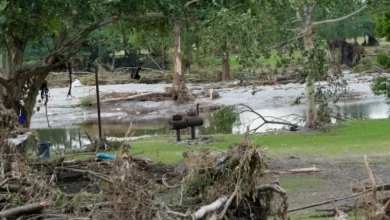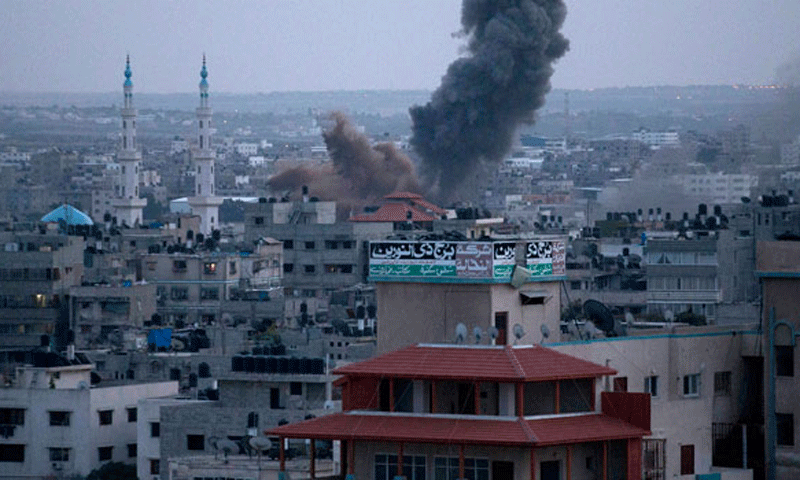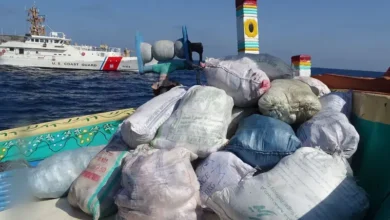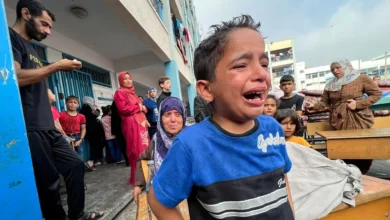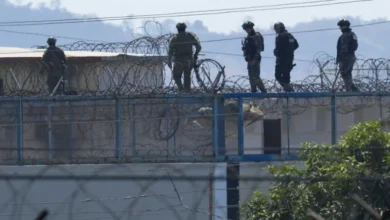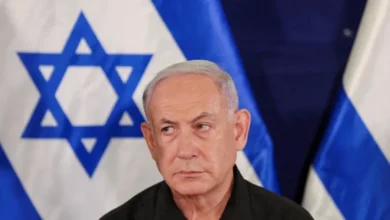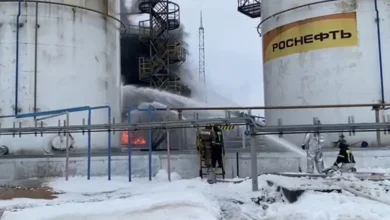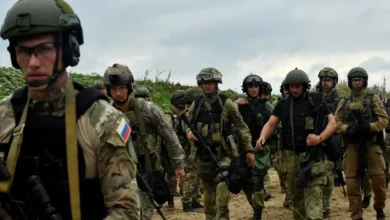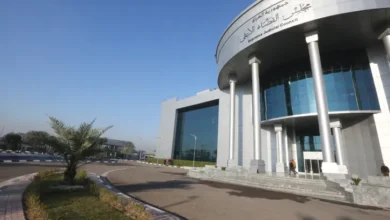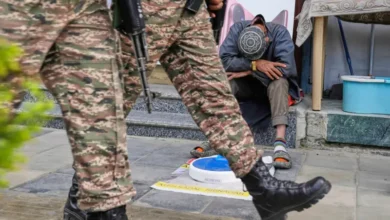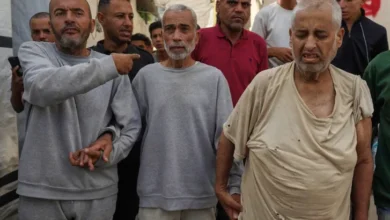India’s Kashmir clampdown continues four years after Article 370 abrogated
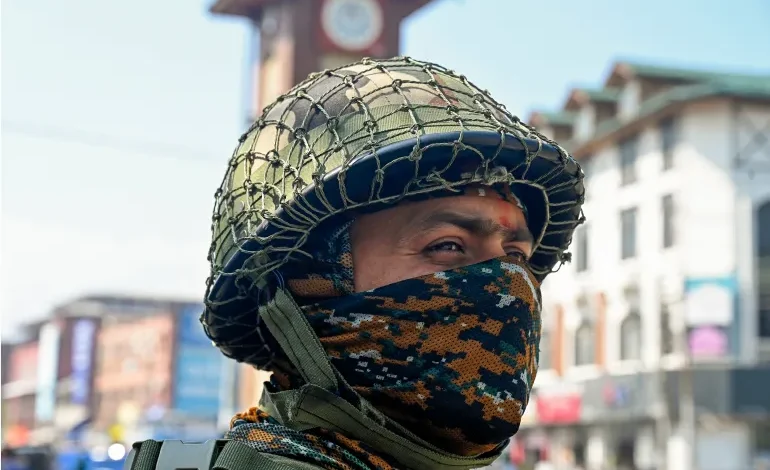
Saturday marks four years of India scrapping the special status of Indian-administered Kashmir, New Delhi’s most far-reaching move against the disputed region in seven decades.
The abrogation of Article 370 of India’s constitution that granted the region partial autonomy in 2019 heralded a slew of policies by the ruling Bharatiya Janata Party (BJP) government to tighten New Delhi’s grip over a region also claimed by its nuclear-armed neighbour, Pakistan.Residents and critics slammed the move in India’s only Muslim-majority region as the BJP’s bid to impose “settler colonialism” aimed at changing its demography and land ownership patterns and depriving Kashmiris of their livelihoods.
Earlier this week, India’s Supreme Court began hearing a clutch of petitions challenging the constitutional validity of the BJP’s 2019 move.
But people in the valley say they have little hope anything will change.
Anxieties over land ownership
Article 370 barred outsiders from settling permanently or buying property in Indian-administered Kashmir.The policy proposes the provision of five marlas of land (.031 acres) and the construction of houses under the Prime Minister Housing Scheme-Rural – a government initiative to provide housing to the rural poor.
In another measure, the federal rural development ministry allocated a target of 199,550 new houses in the region for the financial year 2023-24 for people belonging to the economically weaker sections (EWS) and low-income groups in the region.
Kashmiri activists and politicians have raised suspicion over the schemes, accusing the government of a “deliberate ambiguity” over who the beneficiaries will be.
“[…] the wide discrepancy between figures for the landless and housing allocation raises suspicion. According to official figures, there were 19,047 landless people in the region in 2021,” said a report released on Thursday by the Forum for Human Rights in Jammu and Kashmir, a civil society group advocating for the rights of the people in the region.
“Presumably the allocation of 199,550 new houses … will cover urban migrants, including labourers, street vendors, and rickshaw pullers. According to the Jammu and Kashmir Housing Board, however, any citizen of India who migrated temporarily or permanently, for employment, education, or a ‘long-term tourist visit’, would be eligible to apply. If the affordable housing policy is implemented, it would lead to the inclusion of around a million people,” the report said.
Mehbooba Mufti, the former chief minister of the region, accused the government of “importing poverty and slums to the region under the pretext of providing housing to homeless individuals”.
“There is total disempowerment of the locals, whether it is in land or jobs,” Mufti told Al Jazeera.
‘The situation is bad’
A year before India scrapped the region’s autonomy, its elected legislative assembly headed by Mufti was dissolved in 2018.
Since then, the region is being ruled by the federal government through its hand-picked administrator as the regional pro-India political parties demand fresh elections.
Mufti accused the government of adopting policies aimed at “disempowering” the local residents and “being driven by a desire to increase their [BJP] vote bank, thus leading to a change in the demographic makeup”.
Mufti said the last four years were “full of surveillance and raids by investigative agencies”.
“Economically also, the situation is bad. Except for showcasing the so-called tourism, whether it’s the fruit industry or any other industry, they are killing it. With such surveillance, no one can express or talk,” she said.
But Altaf Thakur, spokesperson for the ruling BJP in Indian-administered Kashmir, claimed tourism is at an all-time high and for the first time, an international event such as a Group of 20 (G20) meeting on tourism took place in the region earlier this year.The government justifies its 2019 move by saying it ended a decades-long era of “stone-throwing protests”. The region’s administrative head Manoj Sinha says the BJP regime will establish peace in the region “rather than buy it”.
Crackdown on free media
Press freedom in Indian-administered Kashmir has seen an unprecedented crackdown since 2019.
Since last month, nearly a dozen journalists from the region writing for international publications have told Al Jazeera they received emails asking them to surrender their passports for being a “security threat to India”, or face action.
Three journalists from the region are currently jailed outside Indian-administered Kashmir under stringent laws, including the draconian Unlawful Activities Prevention Act (UAPA).
